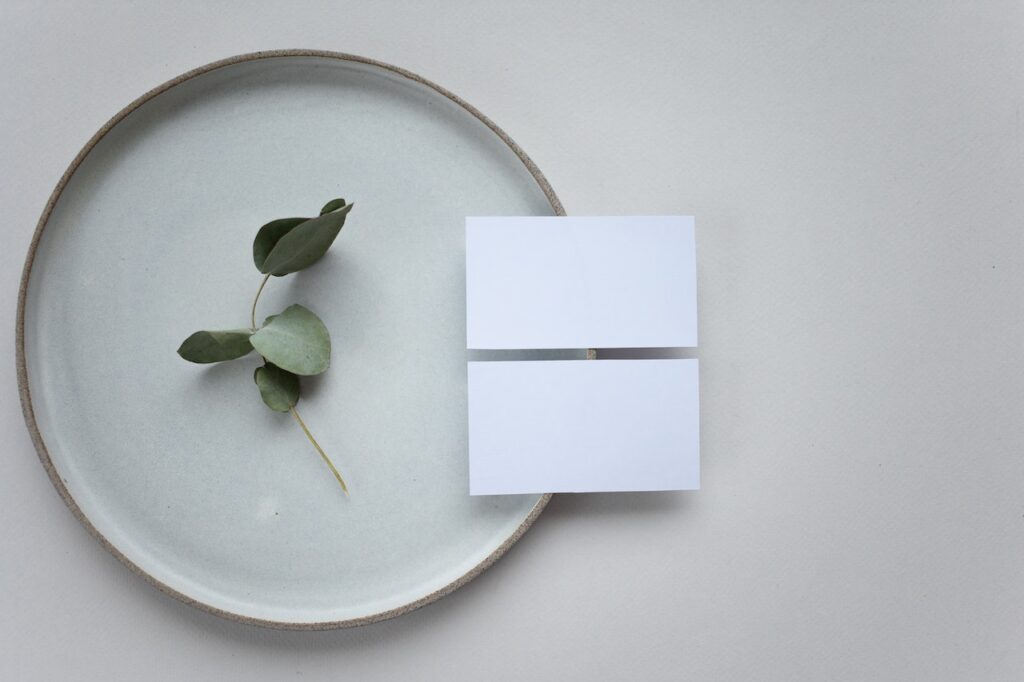Can you take creatine on empty stomach?
Well, you can take Creatine on an empty stomach. There is no proven evidence of any harm due to this. However, you can expect minor gastrointestinal distress, lesser absorption, and effectiveness. Athletes sometimes report cramping and nausea.
Any supplement can be more effective if taken after a meal or even a light snack. It’ll reduce the chances of upsetting your stomach. Also, it’ll stimulate digestion and improve absorption. On our rest days, it’s best to take it after having a meal.
You must consider a few important factors before deciding whether you can take Creatine on an empty stomach. Let’s start.
Creatine on Empty Stomach: Pros and Cons
Creatine can be taken on an empty stomach. There are some benefits, such as feeling more energetic from the beginning of the day. But there are side effects too.
Let’s get to know some Pros and Cons.
Pros
Let’s check the benefits of taking creatine on an empty stomach.
Faster absorption: When taken on an empty stomach, creatine may be absorbed more quickly into the bloodstream and reach the muscles quicker. You can mix it with either water or juice. You can also mix Creatine with your daily protein shake.
Provide greater flexibility: Taking creatine on an empty stomach in the morning can improve muscle performance during fasted training sessions. Additionally, scheduling your intake around an empty stomach can provide greater flexibility since many people do not eat before or after workouts.
More effective: Taken on optimal timing, you can achieve optimal results. Creatine on an empty stomach has shown enhanced muscle strength and increased lean body mass compared to creatine taken in the hours further away from exercise.

Cons
Though taking creatine on an empty stomach has a few advantages, the disadvantages are more severe.
Stomach upset: Taking creatine on an empty stomach can cause gastrointestinal issues, nausea, stomach cramps, and diarrhea in some people.
Risk of dehydration: Creatine can cause the body to retain water, leading to dehydration if it is not taken with enough fluids. And taking Creatine on an empty stomach just increases that risk.
Reduced effectiveness: Some studies suggest that taking creatine with carbohydrates can increase its effectiveness by enhancing insulin secretion and muscle glycogen storage. Taking creatine on an empty stomach may not provide these benefits.
What is The Effective Way Of Taking Creatine?
Mixing creatine with water is the most popular way of taking this performance booster supplement. This way, you can enhance your creatine absorption and effectiveness. However, creatine monohydrate doesn’t mix in cold water easily. So stir it thoroughly or mix it with a little warm water.
However, it’s not the only way to take creatine.
According to a study, taking creatine with protein and carbohydrates increases muscle hypertrophy. The method also develops LBM, fiber CSA, and contractile protein in resistance-trained males who participated in the investigation.
You can take creatine with protein powder, bananas, berries, oats, etc.
However, another study shows that taking creatine with only carbohydrates may not improve performance compared to the ingestion of creatine only. But more studies are needed in this area.
How to Take Creatine On an Empty Stomach: Pro Tips
If you decide to take creatine without any food, you should follow the proper way to get the maximum result with being okay.
Take Smaller Servings
To avoid negative digestive symptoms, consuming smaller daily servings of creatine of about 3-5 grams per day is recommended. This is generally sufficient to maintain muscle saturation with creatine.
Drink Plenty of Water
Consume adequate water and creatine to maintain proper hydration and aid digestion. Drinking an extra 300-500mL of water per creatine serving is recommended.
Be Consistent
The key aspect of creatine supplementation is ensuring that it is taken on a daily basis, even if the timing and method of consumption fluctuate. Currently, the research is limited.
Take Pre or Post Workout
Creatine has proven to be effective in that way. It’s not connected with taking it on an empty stomach or after a meal. You can maintain that window.
Top Myths About Creatine
There are, let me guess, more than a thousand myths about Creatine. Let me pull out the best one I have heard.
Creatine Is A Steroid
Creatine is not a steroid, not scientifically or chemically. It’s more like a PED.
I have heard this a thousand times, especially from my mom. She gave me the scariest look when she learned I was about to have Creatine as a PED and my friends who weren’t even into workouts.
So, creatine is a steroid – No; a ped – yes.
Creatine Is Only For Bodybuilders
Professional bodybuilders commonly use creatine to gain more muscle mass during steroid cycles. However, creatine is also appropriate for nearly everyone in the general population and has been successfully used in the bodybuilding community for years.
Creatine Is Harmful To The Kidneys
Creatine is not harmful to your kidneys. Few cases of kidney dysfunction or discomfort due to Creatine creatine intake exist. That’s also due to overdosing. The study has shown benefits liver and kidneys.
Learn about the effect of creatine on the liver.
Creatine Causes Extreme Water Retention And Bloating
Creatine does cause water retention and bloating. But not in an extreme way. Due to creatine intake for the first few weeks, you might face mild puffiness in your guts. And as your muscles pull water from your body, insufficient fluid can cause dehydration.

Creatine Is Only For Men
Creatine is not just limited to men looking to build muscle, as research has shown that it can also benefit women who exercise. It can help support lean muscle without the appearance of bulk and increase strength, power, and athletic performance in females without significant changes in body weight.
Creatine Is A Banned Substance
No, creatine is not prohibited. Although creatine can have a small effect on performance, the effects are not guaranteed, and the specific training program remains the most influential. Creatine is a PED approved by the International Olympic Committee (IOC), the World Anti-Doping Agency (WADA), and the NCAA.
Creatine is one of the most popular supplements. Taking it on a regular basis increases your natural stores of phosphocreatine.
FAQs
Is it a good idea to take creatine in the morning?
Taking creatine in the morning may provide some benefits. However, studies have shown that consuming creatine before or after a workout is more effective. Those who take creatine as a normal supplement in the morning and at night experience increased muscle mass.
Does creatine help with digestion?
Creatine, a commonly used dietary supplement, is important in maintaining gut barrier function. Creatine has also been found to reduce inflammation in the gut, which can lead to better digestive health. Additionally, creatine has also been shown to alleviate symptoms of certain digestive disorders.
Conclusion
When I started my first “9 to 5” job, it was getting very much difficult for me to maintain my workout schedule and my supplements. The good thing was my workplace was near my house as well as my gym. So I decided to rise early and do a workout in the morning.
Due to that, I had to take my Creatine on an empty stomach. It didn’t do anything bad. It was rare that I felt any discomfort. But in the mornings, like my off days, I took Creatine after breakfast. I used to feel very energetic and feel the Creatine is working better.
Empty stomach or not, maintain your doses. That’s what matters most. What matter more is visiting our blogs for more info on creatine.

I started my professional career as a sports medicine consultant in Rola, Missouri. My primary role was to suggest suitable supplements for my patients according to their pre-existing conditions and lifestyle goals. I believe a healthy lifestyle is the most important if you want to make your life really meaningfull.

